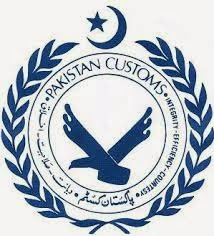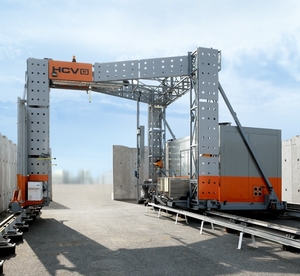 I was surprised to come across this article, especially since I always believed Pakistan to be a militant country – certainly not one that would consider the memories of past customs officials.
I was surprised to come across this article, especially since I always believed Pakistan to be a militant country – certainly not one that would consider the memories of past customs officials.
Rich tribute was paid to retired and deceased customs Officials of Khyber Pakhtunkhwa region recently during an award ceremony for retired officers and heirs of dead customs officials, held in Customs House Peshawar.
A large number of retired and relatives of dead customs officials attended the ceremony and received awards for their performance and services.
Speaking on the occasion, Custom Collector Peshawar Muhammad Aamir said that the function was organised on the instruction of Prime Minister Pakistan Nawaz Sharif, to pay tribute to retired custom officials who played crucial role to generate the revenue and serve the country. Muhammad Aamir informed that the collectorate has also hired the family members of those officials who died in the line of duty.
Retired Customs officials thanked the collector who gave a wonderful farewell to them for the first time and said that the department gave us respect and honor; however, they appealed the serving officials to do their best to generate the revenue for government exchequer.
Custom Collector Peshawar Muhammad Aamer distributed awards among retired superintendents, inspectors, hawaldars, constables and family members of dead customs officials who retired during last two years.
Collectorate of Customs Peshawar was officially established in July 1974 from the Collectorate of Land Customs and Central Excise Lahore. History of Customs in this part of Pakistan is as old as trade itself. Its jurisdiction extends over traditional trade routes with Afghanistan. Prior to establishment of Lahore Collectorate. Traditionally, Peshawar Customs have to contend with tough conditions in the field of enforcement. Proximity with Afghanistan having a long porous border on which only a couple of Customs stations are established, makes checking of smuggling more difficult. Enforcement of Customs controls is made further difficult due to fragile security situation on the border, roughness and ruggedness of the tribesmen, harshness of the terrain, occasional and insufficient power supply and absence of regular criminal law.
Source: Customs Today & Pakistan Customs


You must be logged in to post a comment.